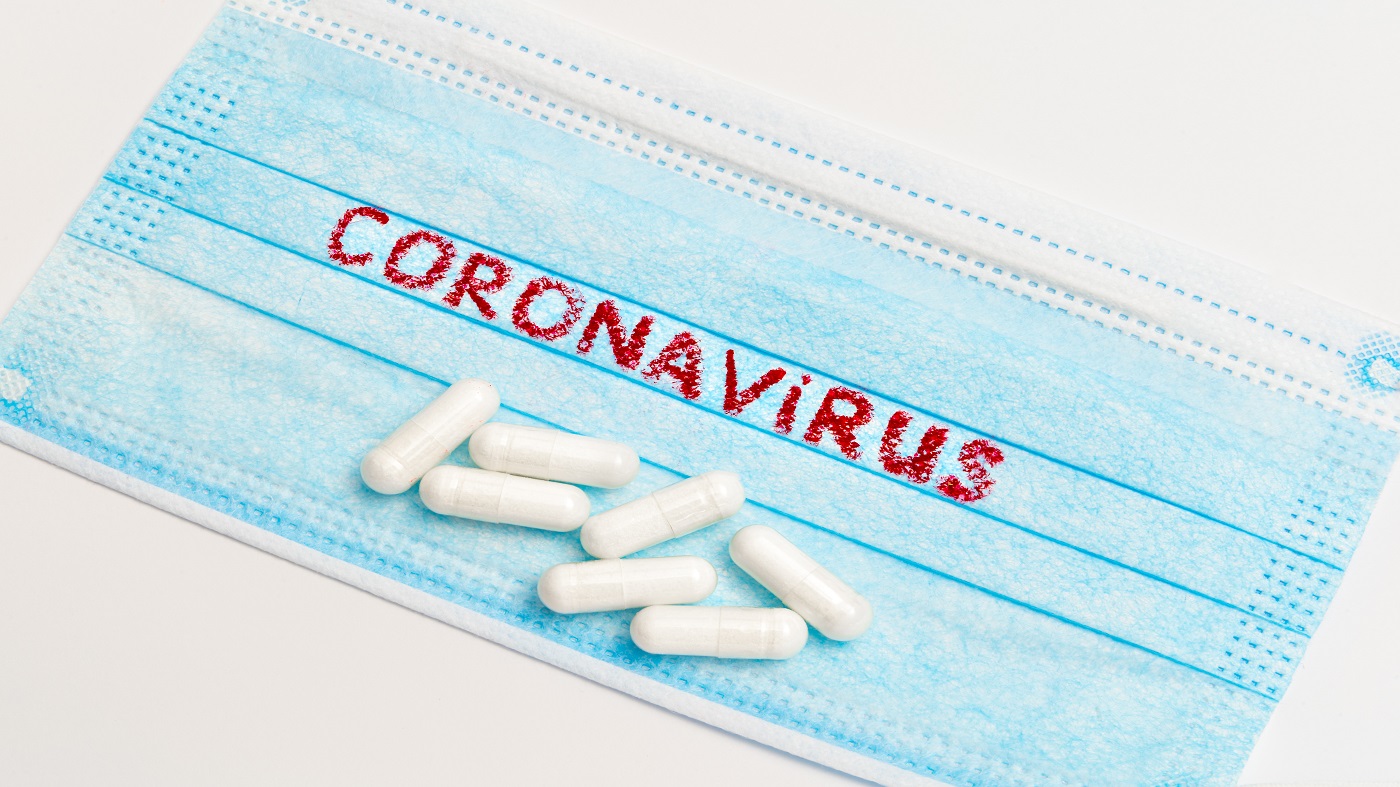- Joined
- Jan 11, 2006
- Messages
- 58,547
I posted this in the middle of a long thread and I think few people will see it. This page gives a list of natural anti-virals and things that will help strengthen the immune system as as well as help if you actually get the virus or similar ones. It is not exactly the same as recommended for the regular flu, so I am glad I found this and thought I'd share especially for my natural-minded friends or those who'd like to be pro-active.
Google Sites: Sign-in
Access Google Sites with a personal Google account or Google Workspace account (for business use).
sites.google.com





300x240.png)